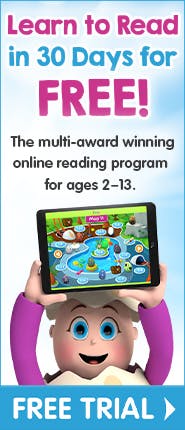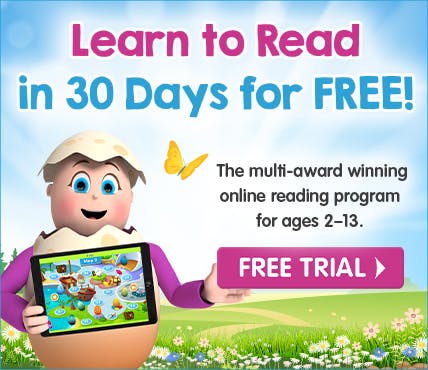


How to Write a Social Story for Starting School
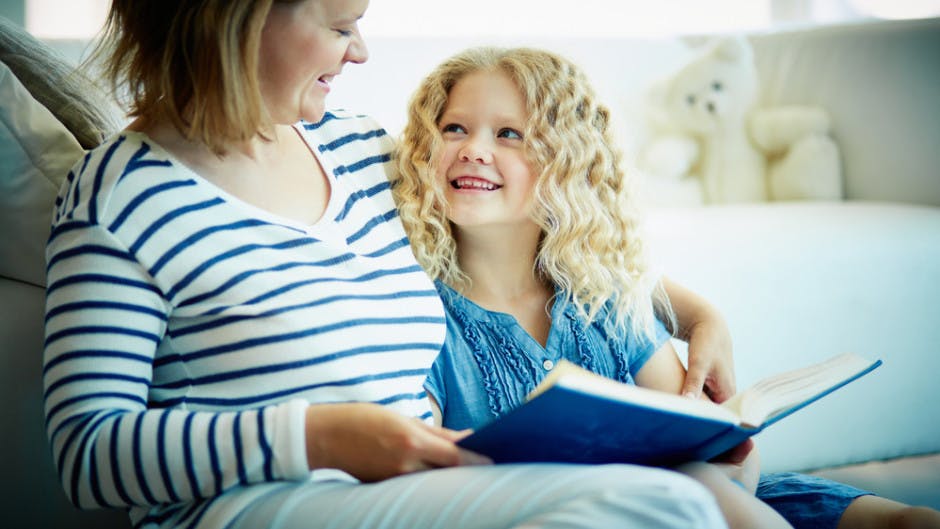
Social stories can help children prepare for starting school. The Reading Eggs library has many stories to help your child learn about all sorts of new situations. FREE trial.
Starting school is a big step for children and it can be both exciting and a little bit scary – but it doesn’t need to be! Having the means to navigate this new adventure, will help your child handle this transition with confidence and a positive attitude.
What is a social story?
Social stories are narratives that are used to explain situations to children in simple ways they can easily understand. They provide young learners with realistic, personalized guides about how to handle new routines, life events or social situations. You can write a social story together with your child customizing it to suit their needs.
"Predicting new and unfamiliar situations can often be a challenge for children,’ says Aaron Jackson, occupational therapist at Childsense.
‘Social stories provide an opportunity for children to forecast and discuss possible highlights and challenges for upcoming school events and provide strategies to manage any challenging moments.”
The concept was developed by teacher and consultant Carol Gray in 1990 and Social Story™ and Social Stories™ are trademarked to her. They were originally used to break down social situations for children with autism or learning disabilities but are useful for all children dealing with new transitions like starting school.
Learn to read with Reading Eggs for free!
Get a free trial today for access to hundreds of fun reading lessons, engaging games and interactive activities. There’s also the Reading Eggs library, with over 4000 books including lots of stories to help with transitions like starting school, welcoming a new sibling or going to the doctor.
3 reasons why you should write a social story with your child
This is a fantastic opportunity to not only set your child up for success at school, but also to practise reading and writing skills. Your child can help come up with ideas, write simple words or sentences and draw pictures. Here are some of the benefits of social stories:
Starting school can be a stressful experience for children, but social stories can provide comfort and reassurance by addressing common fears and concerns.
Social stories can foster helpful behaviour by helping children understand appropriate behaviour in the classroom, such as listening to the teacher, following rules and being kind to others.
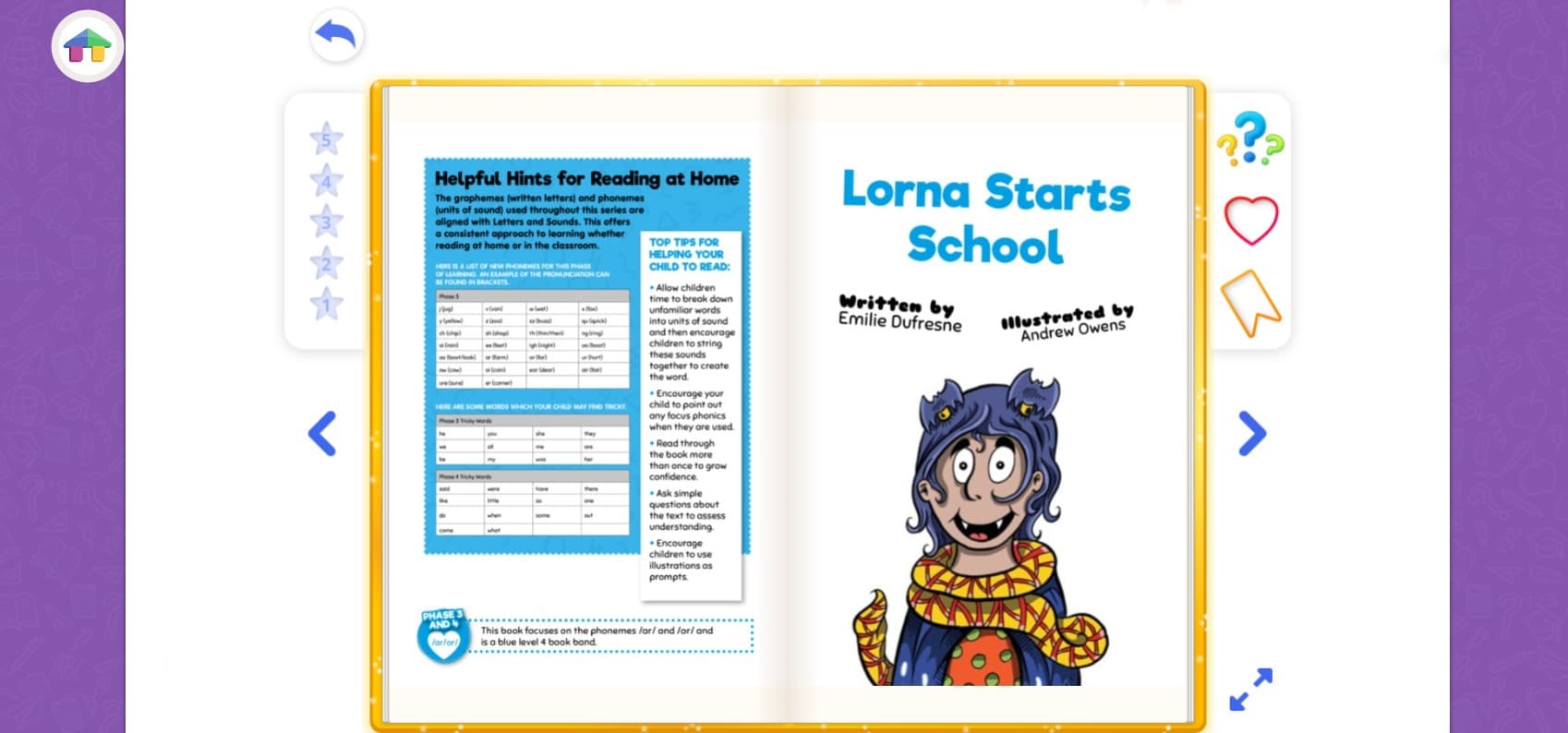
The Reading Eggs library has lots of stories about social situations to help your child prepare for all sorts of new experiences, including starting school. Get a FREE trial.
Social stories can help children think about their own feelings and experiences, which can help them develop self-awareness and emotional regulation skills. This is particularly important and useful for the social side of starting school.
"The ability to predict and anticipate upcoming events is so important for regulation and participation,’ says Mr. Jackson.
‘It can be incredibly powerful for a child’s long term self-advocacy if they can be a part of developing social stories and advocate for ways they might like to manage situations.”
What to include in your starting school social story
It’s time to begin crafting your child’s very own social story, but where to begin? The important thing to remember is to keep it simple and accessible for your child and include them in the process.
Tailor the story to the child
Make sure the story is relevant and meaningful to your child and their experiences. Use language and images that they can relate to and understand.
Use clear and simple language
Use clear, concise language that is easy for your child to understand. Give abstract or complex language a miss, and focus on using concrete, specific words and examples.
Incorporate visual aids
Use pictures, illustrations, or photos to help your little one understand the story and the social situation it describes. Get them in on the act, with drawings of their own. Visual aids also make the story much more engaging and memorable for kids.
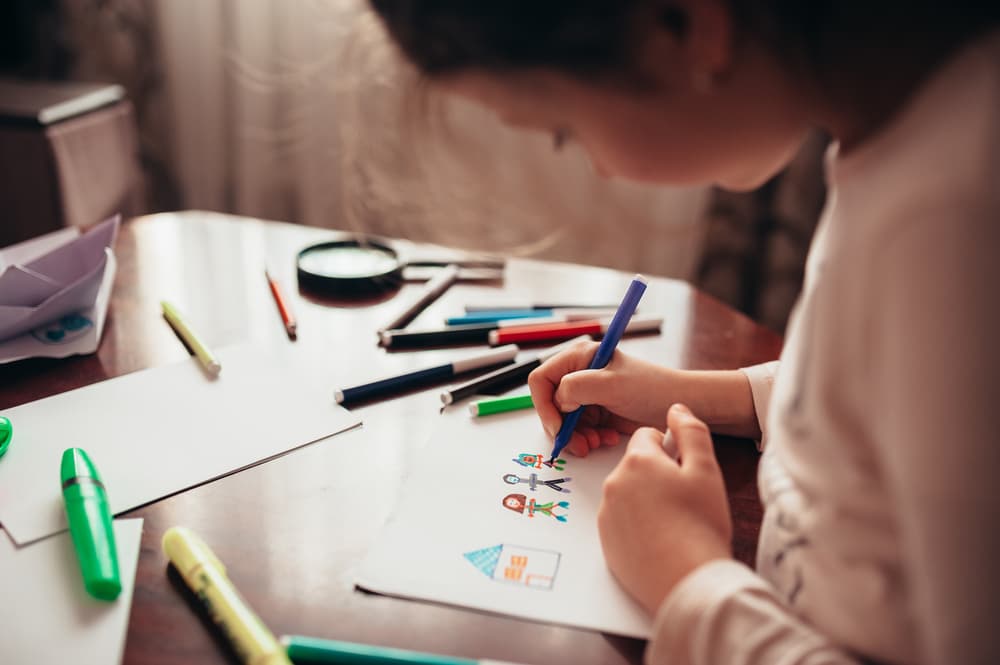
Get your child ready for school with Reading Eggs – the multi-award winning program full of engaging lessons, fun activities and over 3,500 books to enjoy. Free trial.
Ideas to add to your child’s starting school social story
Here’s a helpful outline of ideas to get your child’s story started, but feel free to personalize it and include anything you feel will help your child get ready for school.
Preparation the night before school and the morning of:
Get a good night's sleep the night before your first day of school.
Eat a healthy breakfast to start your day with lots of energy and to help your brain focus.
Lay out your school uniform so it’s ready to wear in the morning.
Pack your backpack with all the necessary items, like your lunch box, drink bottle, pencils and books.
What to expect on your first day at your new school:
You will get to meet your teacher, who will be your guide throughout Kindergarten.
You’ll meet your new classmates and friends.
It’s time to have a look around and get to know the school environment, like the playground, library and bathrooms.
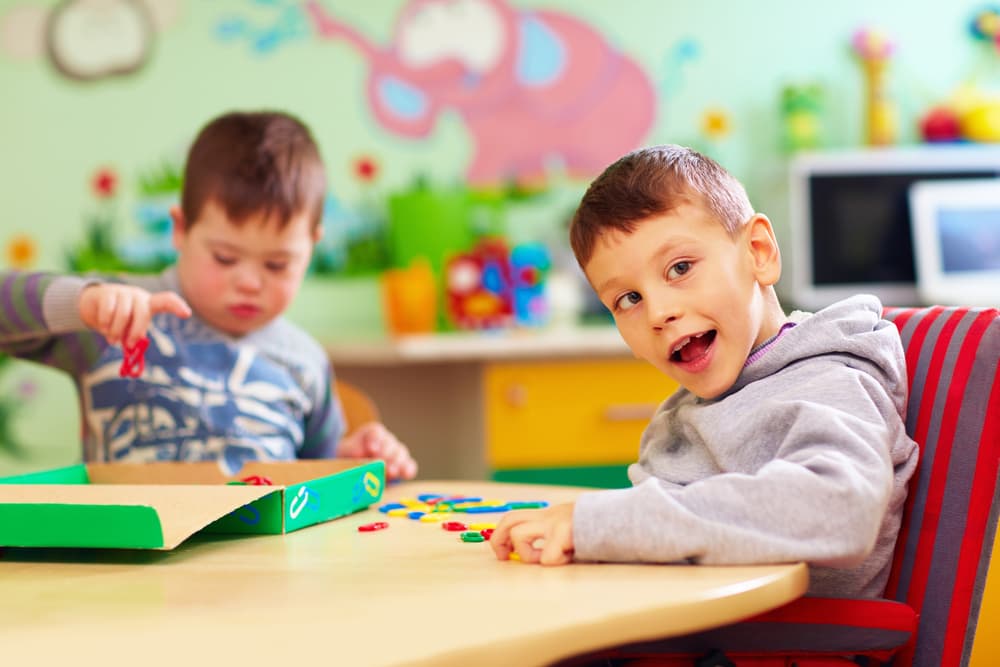
Social stories help all children, not only those with autism and other developmental disabilities. The Reading Eggs library has lots of stories to help kids understand new situations. FREE trial.
What happens in the classroom?
Listen carefully to your teacher's instructions and know that it’s okay to put your hand up and ask questions if you’re not sure about something.
You will have the opportunity to share your thoughts and ideas with your classmates, and learn from them, too!
There’s lots of fun activities you’ll take part in and plenty of interesting things to learn in your class every day.
You will practise your reading, writing and maths skills.
What happens at lunchtime at school?
When it’s time to eat your lunch, you will have a break from learning and have time to play with your new friends.
It's important to follow the rules during lunchtime, such as washing your hands, eating nicely and throwing your rubbish in the bin. No littering.
Going home or to after school care
When your school day is over, you will pack up your things and say goodbye to your teacher and friends and leave your classroom.
It will be time to go home and share your day with your family.
Or it will be time to head to after school care to have a snack and play till we collect you after we finish work.
Get your child school ready with Reading Eggs
Reading Eggs includes hundreds of fun, engaging reading lessons, games and activities, plus the brilliant library with over 3,500 books to choose from. Your child will find comfort and confidence reading books that have stories about adjusting to all kinds of new situations.
How to present a social story to a child
Now that you have the outline of your story, you’re probably wondering how to deliver it so it has the greatest impact on your child’s understanding of what will happen when they start school.
Make sure to use a positive and encouraging tone when reading the book together so they feel this new transition is something to look forward to even if they feel nervous.
Once you’ve delivered the social story, allow plenty of time for your little one to ask any niggling questions or share their thoughts. This will help your child understand the story better, while also giving you a chance to clarify or comfort them further.
Encourage your child to practise any expected behaviours or skills described in the story. Reinforcing the behaviour through practise can help them internalize it and make it more likely that they’ll use it in real-life. It can serve as a great reminder to listen to their teacher, follow the rules and be kind to their classmates.
Learning new skills can be challenging, so be very patient with your child. Always offer lots of support and encouragement and celebrate all their little successes.
Repetition will help your little one get used to the idea of starting school. Read the social story often to ease any school anxiety and to remind them of what this upcoming exciting world entails.
Overall, social stories are a valuable tool for children starting school as they provide a supportive and informative guide to help them navigate this new, potentially challenging experience.
